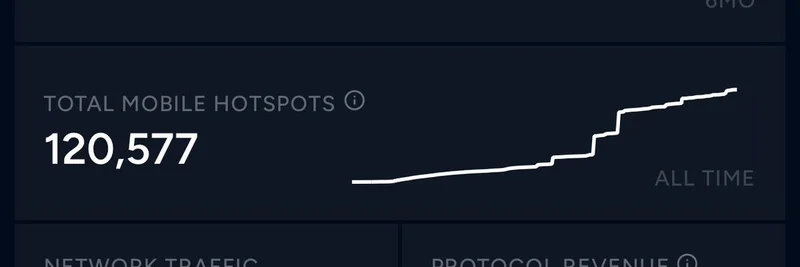In the fast-paced world of cryptocurrency, where meme tokens can skyrocket or crash overnight, opinions on promotion tactics often spark heated debates. Armani Ferrante, the founder and CEO of Backpack wallet and the Mad Lads NFT project on Solana, recently took to X (formerly Twitter) to point out what he sees as a glaring inconsistency in how the community views "shilling"—the act of promoting tokens, often for personal gain.
Ferrante's thread kicks off by noting two seemingly incompatible views that many in crypto hold simultaneously: shilling meme tokens by key opinion leaders (KOLs) is frowned upon, yet when big platforms optimize their systems to facilitate meme token launches and promotions, it's celebrated as innovative. For those new to the term, a meme token is a cryptocurrency inspired by internet memes or cultural phenomena, like Dogecoin or newer Solana-based ones, often driven by community hype rather than traditional utility.
He doesn't outright condemn either approach but emphasizes the hypocrisy. As Ferrante puts it in a reply: "Not saying it's good. A lot of people holding both of those incompatible views simultaneously." This resonates with many, as replies poured in agreeing that "the game is the game," where promotion is just part of the ecosystem, whether done by individuals or corporations.
Why the Double Standard Matters
This discussion touches on a core tension in the meme token space. KOLs—influencers with large followings—often get accused of pumping tokens for quick profits, leading to rug pulls or dumps that hurt retail investors. On the flip side, platforms like Telegram (with its TON blockchain) or even Solana-based DEXes optimize for rapid token launches, earning fees and boosting activity, which is seen as legitimate business.
One reply captures it perfectly: "Funny how shilling sounds worse when it’s small, but noble when it’s scaled." This highlights how scale changes perception—individual shillers are "grifters," but platforms are "innovators." Ferrante's point encourages the community to reflect on these biases, especially as meme tokens continue to dominate trading volume on chains like Solana.
Implications for Meme Token Investors
If you're dabbling in meme tokens, this thread is a reminder to stay vigilant. Whether promotion comes from a KOL or a platform, always do your own research (DYOR). Look beyond the hype: check tokenomics, community strength, and liquidity. Tools like Backpack's exchange can help with secure trading, but no platform eliminates risks in this volatile market.
Ferrante's Backpack, a non-custodial wallet on Solana, and Mad Lads, a popular NFT collection, position him as a key player in the ecosystem. His insights often blend developer wisdom with community vibes, making threads like this valuable for understanding broader trends.
Community Reactions and Broader Context
The replies show a mix of agreement and introspection. Some users noted, "Consistency is the key to success," implying that criticizing one form of promotion while embracing another undermines credibility. Others suggested that platform-driven shilling could reshape how we value tokens long-term, potentially leading to more sustainable communities.
This isn't isolated—meme tokens have exploded in 2025, with Solana hosting many due to low fees and fast transactions. Platforms optimizing for them, like automated launchpads, have made it easier to create and trade, but also amplified scams. Ferrante's call-out aligns with ongoing debates about ethics in crypto promotion.
As the meme token landscape evolves, keeping an eye on voices like Ferrante's can help navigate the noise. For more on the latest meme token news and strategies, stick around on Meme Insider—we're here to break down the trends without the fluff.
If you've got thoughts on this, drop them in the comments or check out the original thread here. What's your take: is there a real double standard, or is it all just part of the crypto hustle?


